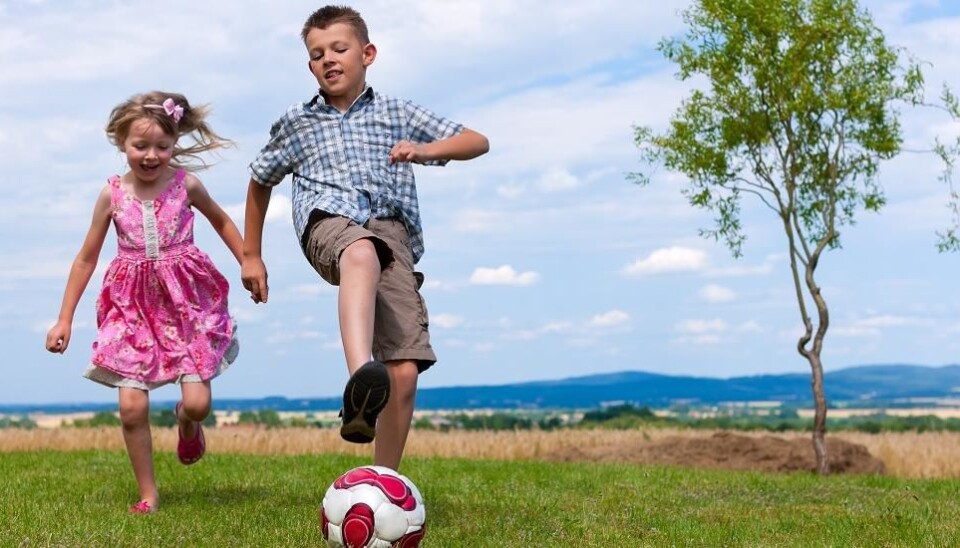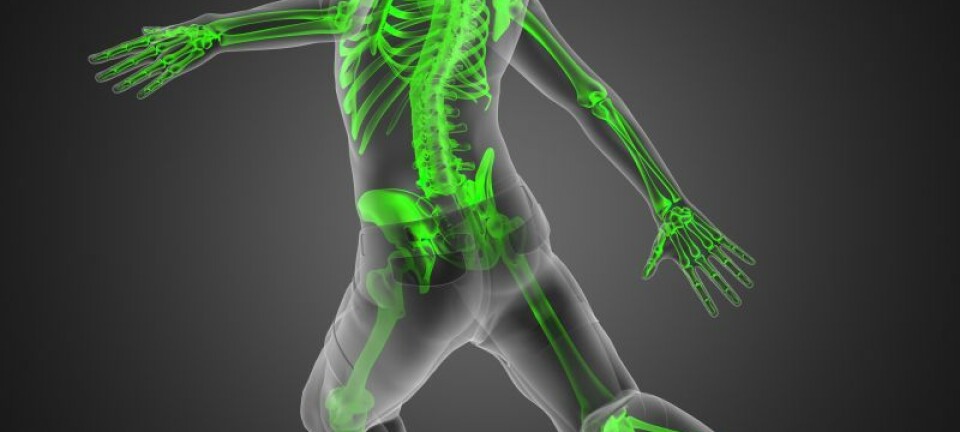An article from Norwegian SciTech News at NTNU

How to practice the right way
Now we know more about how to get really good at something. This is especially useful for people who are engaged in helping others to develop skills and knowledge — and for parents.
Many expressions are not that meaningful, but “Practice makes perfect” has proven time and time again to be true. Now, however, researchers have learned that the more accurate version of this old saying should be, “Specific practice makes perfect.”
A recent article linking neuroscience and skill building gives hope to people who don’t think they’re good enough at anything.
Some children have greater motor challenges than others. They don’t climb trees or hang upside down on the monkey bars; they don’t think they can learn to ride a bike, and maybe they give up easily.
Other kids have trouble learning letters and numbers, and don’t quite understand how to use them, either.
The solution to these challenges sounds obvious when you first hear it. But there’s more to it than might be apparent at first glance.
Nothing happens by itself
“Being physically active and having the opportunity to experience different kinds of movement are very important for promoting motor skills and learning,” says Professor Hermundur Sigmundsson at NTNU’s Department of Psychology.
Sigmundsson and his Norwegian and Australian colleagues have found that kids with motor skill challenges simply have to get out and work on these skills. Nothing happens by itself.
And while they have found that practice is useful, they have also determined that you have to practise the right way.
The researchers call this approach “task-specific training,” and the theory is quite straightforward.
“You have to work on the exact skill you want to get good at,” Sigmundsson says.
Specific practice
You won’t get good at playing soccer if you just randomly kick the ball around. You won’t get good at scoring goals if you just practise dribbling the ball. You won’t improve your dribbling if you only work on your free kicks. And you won’t master free kicks if you just practise penalty shots.
You need to practise and keep practising the one specific skill that you want to improve.
The same applies to mathematics, for example. You have to study algebra and trigonometry separately. In terms of reading, children have to master both the letters and the sounds that belong to each letter in order to break the reading code.
Some of these findings have already been published in books and numerous scientific articles, but now researchers from NTNU and the Queensland University of Technology have compiled the results in a recently published article in MDPI journal Sports.
“The studies include both underlying aptitudes and skills development,” says Sigmundsson.
Activating connections
The underlying neuroscience theory is Gerald Edelman‘s theory of “neuronal group selection.” When you practise a defined task, you develop and activate connections in exactly that part of the brain you use to perform this task. You get good at the specific activity that you are exercising.
Researchers have tested this theory for a number of years and have found that many principles of Edelman’s theory seem to be in line with the learning of both cognitive and motor skills. Skill building is a bidirectional process in which one’s behaviour and nervous system influence each other.
“Changes in the nervous system alter function and behaviour, and vice-versa. Changes in function and behaviour bring about changes in the nervous system,” says Professor Sigmundsson.
That means that doing a task repetitively will reorganize your brain so you get better at doing that particular task.
It’s never hopeless
This is good news. If you want to become the best in the world at something, you should probably have an aptitude for it too, says Professor Sigmundsson. But regardless, this means that it’s never hopeless. It’s totally possible for you to get a lot better at something with plenty of practice and especially if you’re passionate about what you do.
And of course, not only athletes and mathematicians benefit from this.
This is useful for all parents with children who want to learn something new or improve at something, and most of all for children themselves, when they see that exercise leads to them actually getting better at their selected activity.
































